Linux System Programming. Talking Directly to the Kernel and C Library. 2nd Edition Robert Love
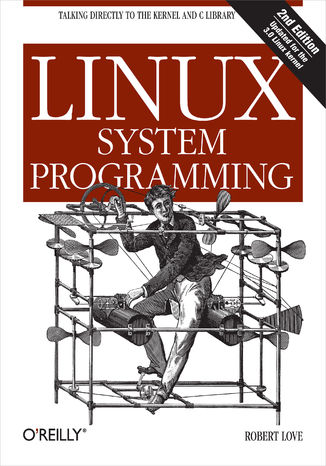



- Autor:
- Robert Love
- Wydawnictwo:
- O'Reilly Media
- Ocena:
- Stron:
- 456
- Dostępne formaty:
-
ePubMobi
Opis
książki
:
Linux System Programming. Talking Directly to the Kernel and C Library. 2nd Edition
Write software that draws directly on services offered by the Linux kernel and core system libraries. With this comprehensive book, Linux kernel contributor Robert Love provides you with a tutorial on Linux system programming, a reference manual on Linux system calls, and an insider’s guide to writing smarter, faster code.
Love clearly distinguishes between POSIX standard functions and special services offered only by Linux. With a new chapter on multithreading, this updated and expanded edition provides an in-depth look at Linux from both a theoretical and applied perspective over a wide range of programming topics, including:
- A Linux kernel, C library, and C compiler overview
- Basic I/O operations, such as reading from and writing to files
- Advanced I/O interfaces, memory mappings, and optimization techniques
- The family of system calls for basic process management
- Advanced process management, including real-time processes
- Thread concepts, multithreaded programming, and Pthreads
- File and directory management
- Interfaces for allocating memory and optimizing memory access
- Basic and advanced signal interfaces, and their role on the system
- Clock management, including POSIX clocks and high-resolution timers
Wybrane bestsellery
O'Reilly Media - inne książki
Dzięki opcji "Druk na żądanie" do sprzedaży wracają tytuły Grupy Helion, które cieszyły sie dużym zainteresowaniem, a których nakład został wyprzedany.
Dla naszych Czytelników wydrukowaliśmy dodatkową pulę egzemplarzy w technice druku cyfrowego.
Co powinieneś wiedzieć o usłudze "Druk na żądanie":
- usługa obejmuje tylko widoczną poniżej listę tytułów, którą na bieżąco aktualizujemy;
- cena książki może być wyższa od początkowej ceny detalicznej, co jest spowodowane kosztami druku cyfrowego (wyższymi niż koszty tradycyjnego druku offsetowego). Obowiązująca cena jest zawsze podawana na stronie WWW książki;
- zawartość książki wraz z dodatkami (płyta CD, DVD) odpowiada jej pierwotnemu wydaniu i jest w pełni komplementarna;
- usługa nie obejmuje książek w kolorze.
Masz pytanie o konkretny tytuł? Napisz do nas: sklep@helion.pl
Książka drukowana


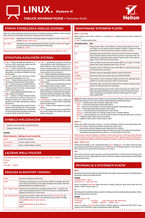
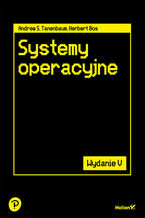
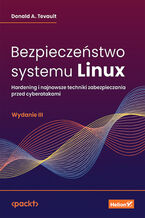







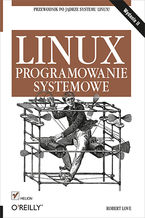







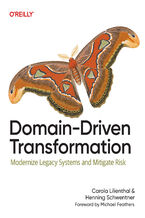
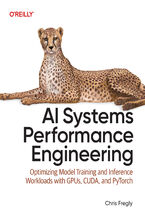

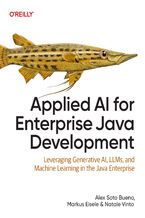
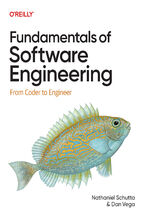
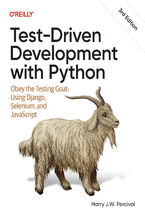

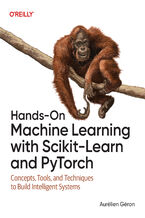




Oceny i opinie klientów: Linux System Programming. Talking Directly to the Kernel and C Library. 2nd Edition Robert Love
(0)